Jeremy Harris is the CEO of IT Mindshare, a technology consulting firm located in Morgantown, West Virginia. IT Mindshare started as a small firm and has grown into one of the most trusted and recognized technology firms in West Virginia and surrounding states. IT Mindshare provides technology services and support for commercial, government and non-profit organizations by providing ethical, innovative and reliable solutions to help their clients grow and become successful.
Harris is a decorated veteran of war, who served our country in Afghanistan and was named the Small Business Association West Virginia Veteran-Owned Small Business of the Year in 2018.
Harris talked with Jim Matuga, host of The Positively West Virginia Podcast, about how he got started in the technology consulting space, his worst business moment and his advice to young entrepreneurs.
How did you get started in this line of work?
“I wanted to be an electrician. I was a double major in physics and engineering,” Harris said. “I really just got tired of the math. It
was a little overwhelming. I realized back then there was a thing called “hacking” and it’s still around today. I was fascinated that I could tap on a keyboard and make a printer print a 1,000 miles away.”
“I realized that before I got myself into trouble, I should join the military and try to hone in on these skills and use them for good. That’s where it kind of started. I was doing mostly electronic warfare and signal intelligence when I was in the military and when I got out I had a choice to continue down the intelligence path or go down this IT route.”
“My main deciding factor was that I knew if I stayed in Intel, I was going to stay in D.C. I’m from Texas. I grew up in a town of 200 people and D.C. wasn’t exactly my thing. So I went into IT.”
What was your worst business moment?
“I call it the make or break moment,” Harris said. “We spun up this voice company. We provide all of the hardware on the front end so we’re taking on a lot of debt and it’s getting pretty high.”
“We didn’t exactly have everything mapped out and we exceeded our line of credit pretty quickly and we thought ‘no big deal. We’ll just get another one.’ We were denied another line of credit, which was unfortunate because we had a lot of equipment we needed to purchase.”
“A lot of things we going on and a lot of projects were waiting. Our AR was getting high. We weren’t minding our business. As silly as it may seem, I wasn’t even looking at profit loss statements at the end of the month because I just assumed they weren’t good.”
“I remember being down in Texas visiting my mom and dad. I remember being outside and getting a phone call from a friend of mine who said they thought they could help us out. I’ll send my accountant down to give you advice on what you need to do to put this on a better path.”
“He also said that just as a friend he would look and see what our outgo is and your income is and tell you if your business is viable. Because if it’s not viable, he thought we should shut it down and stop getting into debt. I remember thinking that we were growing, I had just hired more people and just this sinking feeling of maybe I actually have done something here that isn’t viable. That isn’t sustainable and cause my bankruptcy. It really struck a nerve.”
What is one piece of advice you would give a young entrepreneur?
“I would tell them that you have to be mentally tough,” Harris advised.
PWV QUICK BITS | TECHNOLOGY CONSULTING FIRM
- RECOMMENDED BOOK: How to Win Friends and Influence People by Dale Carnegie
- RECOMMENDED RESOURCE: Slack
- PIECE OF ADVICE: “Be mentally tough,” Harris advised.

